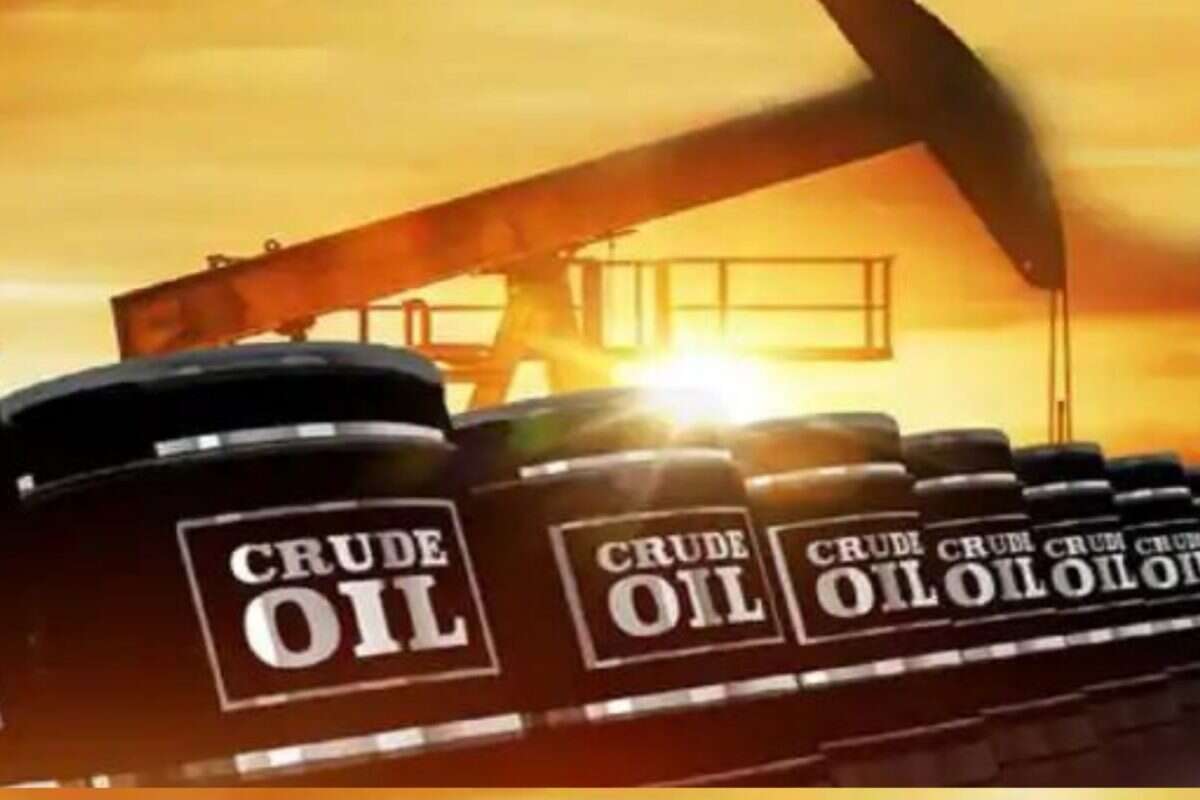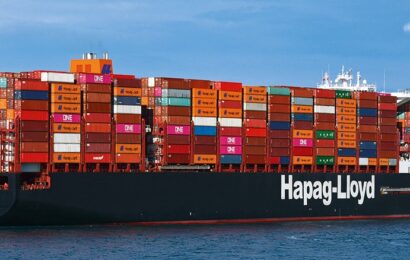

European Union countries are split on how soon they wind down dependence on Russian energy supplies.
BBC reports that while sanctions have been applied to other areas of business, the EU remains heavily reliant on Russian oil and gas.
Germany’s economic minister said the country would be able to weather a Russian oil ban by the end of 2022, as he appeared to back tougher sanctions.
However, Hungary has said it opposes such a move, stating it would not back measures that could endanger supplies.
EU ministers met on Monday to discuss how to manage the situation, under intense pressure to reduce the revenue stream supporting President Vladimir Putin’s war in Ukraine.

There are two main challenges faced by members states – how to pay for Russian energy in a way which doesn’t breach or undermine EU sanctions, and also how to source and develop alternative supplies to move away from reliance on Russia.
At a press conference on Monday, the EU’s energy policy chief Kadri Simson said Russia halting gas supplies to Poland and Bulgaria had strengthened the bloc’s will to become independent of Russian fossil fuels.
But according to the Centre of Research on Energy and Clean Air (CREA), the EU has imported about £37bn worth of fossil fuels since the conflict began. The two largest importers worldwide were Germany followed by Italy.
Energy giant Gazprom stopped gas exports to Poland and Bulgaria last week after those countries refused to comply with Russian demands to switch to payment in roubles, and many other member countries are set to face the same issue around mid-May.
Poland and Bulgaria had planned to stop using Russian gas this year and say they can cope with the stoppage, but it has raised fears that other EU countries, including Europe’s gas-reliant economic powerhouse Germany, could be next.
Ms Simson repeated the European Commission’s view on Monday that paying for gas in roubles would be a “violation” of sanctions and “cannot be accepted.”
She said member states were building up gas storage supplies before winter.
Nathan Piper, head of oil and gas research at Investec, told the BBC it was “pretty clear” that the EU wanted to “pivot away” from Russian oil and gas, but added the lack of unity was being caused by the “ability to actually make that happen”.
Europe gets about 40% of its natural gas from Russia, which is also the bloc’s main oil supplier, but some countries are more dependent Russian fossil fuels than others, so sudden supply cuts could have huge economic impact.
For example, Germany currently gets about 25% of its oil and 40% of its gas from Russia, Slovakia and Hungary received 96% and 58% respectively of their oil imports from Russia last year, according to the International Energy Agency.
Germany’s economic minister Robert Habeck said his country had “managed to reach a situation where Germany is able to bear an oil embargo” and was “on course to do the same for gas”.
“Other countries need a bit more time,” he added.
Diplomatic sources told the BBC that compromises to a complete bloc ban were being looked at, particularly for countries such as Hungary and Slovakia.




